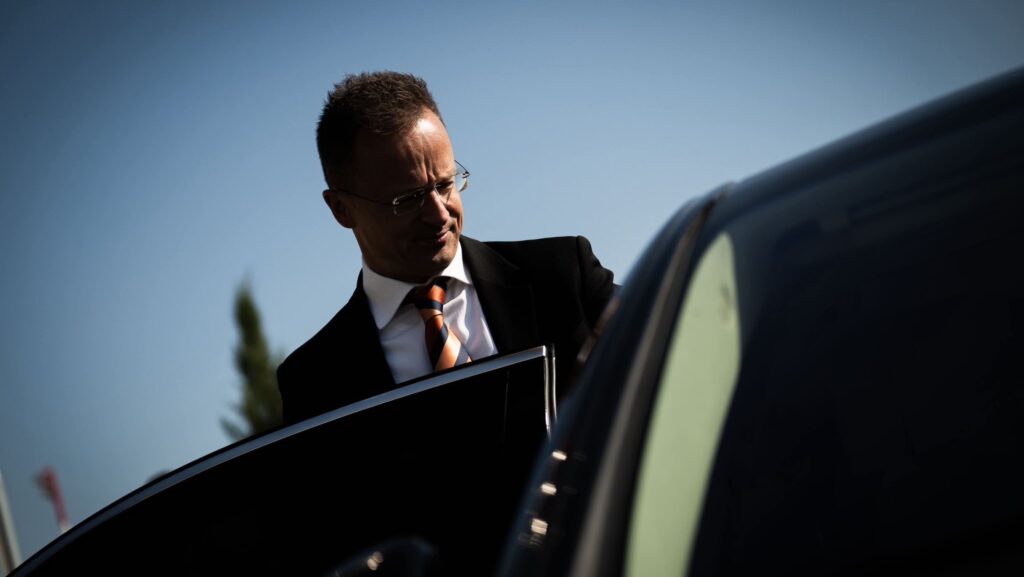
‘The defence of Ukraine is not the defence of the alliance, not the community, not NATO. Ukraine is currently the threat,’ Hungarian Minister of Foreign Affairs and Trade Péter Szijjártó warned on Thursday. The minister firmly rejected accusations from his Polish counterpart, accusing him of aligning with Kyiv in what he described as a disinformation campaign against Hungary.
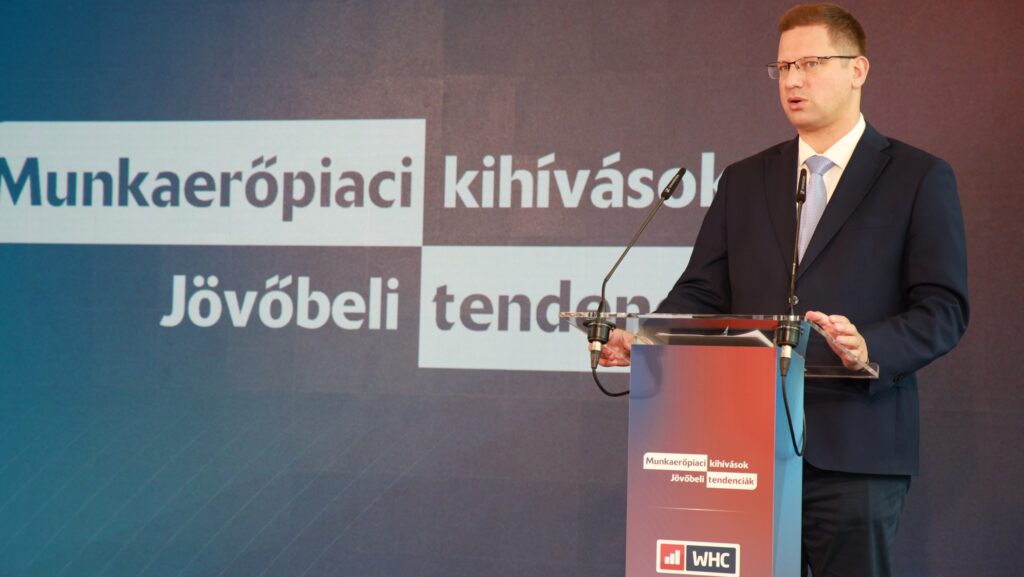
What will the future labour market in Hungary look like, and what challenges must employees, employers, and the state overcome to create a system that benefits all stakeholders? Oeconomus Economic Research Foundation and WHC joined forces to answer these questions in a comprehensive study examining current trends and future challenges, presented at a distinguished conference on Thursday.

As the proposed meeting in Istanbul between Ukrainian President Volodymyr Zelenskyy and Russian President Vladimir Putin remains in limbo, Pope Leo XIV appears to have offered the Holy See’s mediation to the warring parties. The negotiations have gained new momentum as international pressure mounts on Russia to agree on a ceasefire.
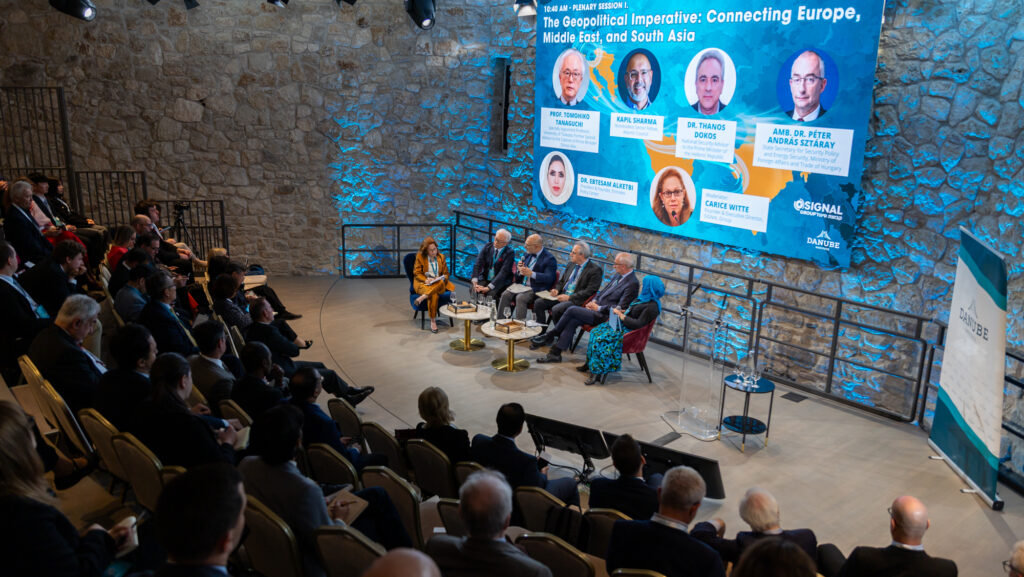
Budapest-based Danube Institute and the Israeli SIGNAL Group co-organized a conference on the India–Middle East–Europe Corridor (IMEC)—an alternative transport route proposed in 2023 by G20 countries to link Asia to Europe while countering China’s Belt and Road Initiative. Experts and policymakers argued that IMEC could represent a new vision of multipolar cooperation, economic resilience, and strategic autonomy.
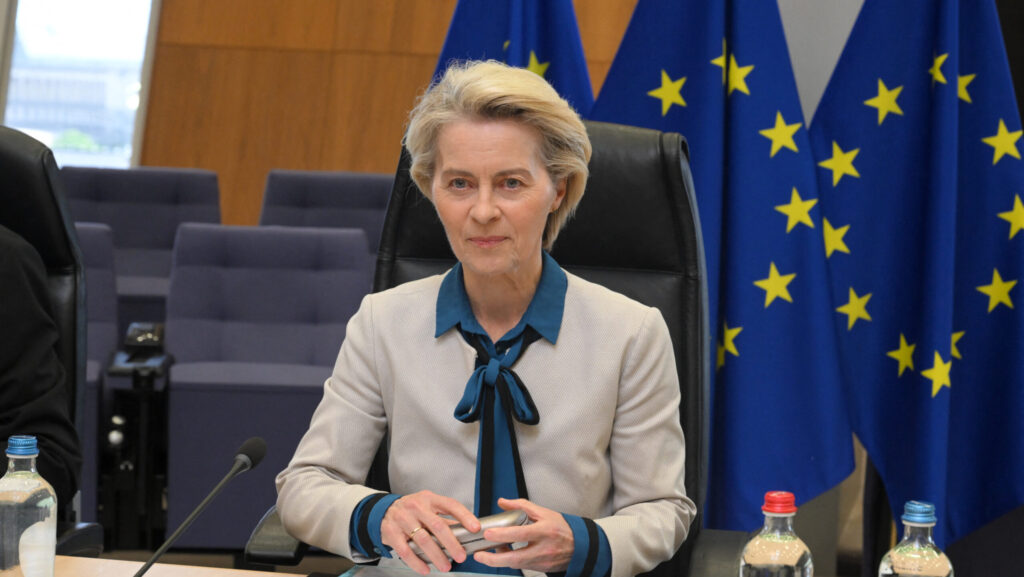
The EU’s General Court has delivered a major blow to Commission President Ursula von der Leyen, annulling Brussels’ refusal to release her COVID-era text messages with Pfizer’s CEO. The ruling exposes deep flaws in EU transparency and intensifies scrutiny over the €35 billion vaccine contract central to the Pfizergate scandal.
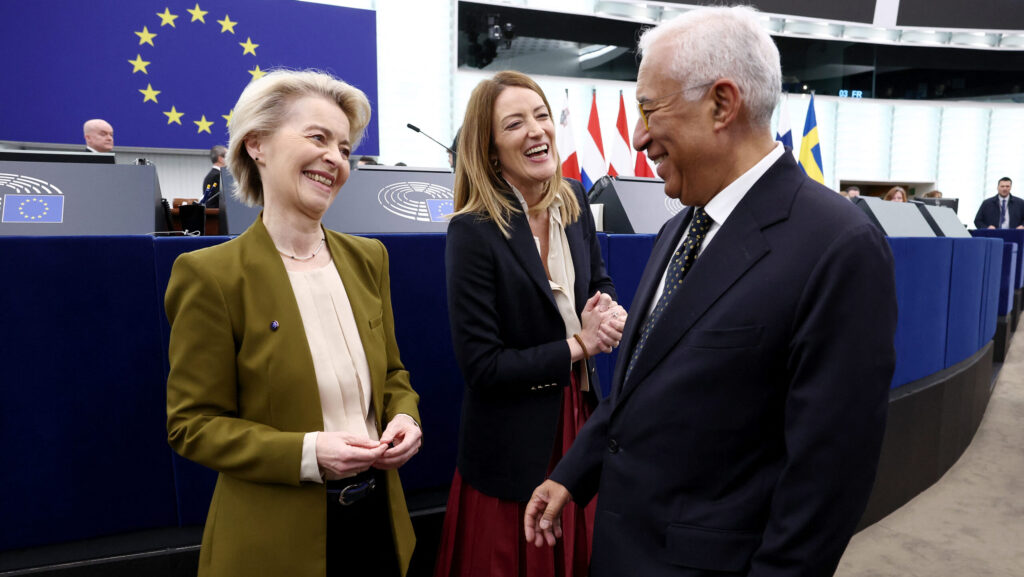
Despite their advocacy for increasingly stringent green policies, EU leaders—including Commission President Ursula von der Leyen—took a private jet last week from Brussels to Luxembourg, a journey that would have taken just over two hours by car. The scandal has cast a shadow over von der Leyen’s week, already clouded by an eagerly anticipated EU court ruling concerning the so-called Pfizergate text messages.
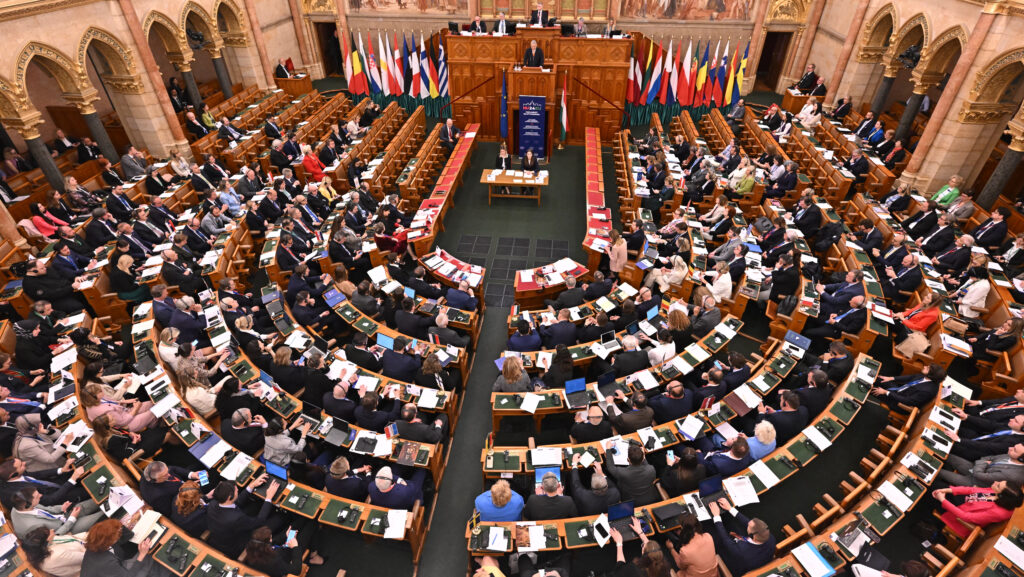
Hungarian Prime Minister Viktor Orbán warned that, although no one dares to say it, the war in Ukraine is essentially lost. He made the statement at the Conference of Presidents of the European Union Parliaments, held in the National Assembly in Budapest.
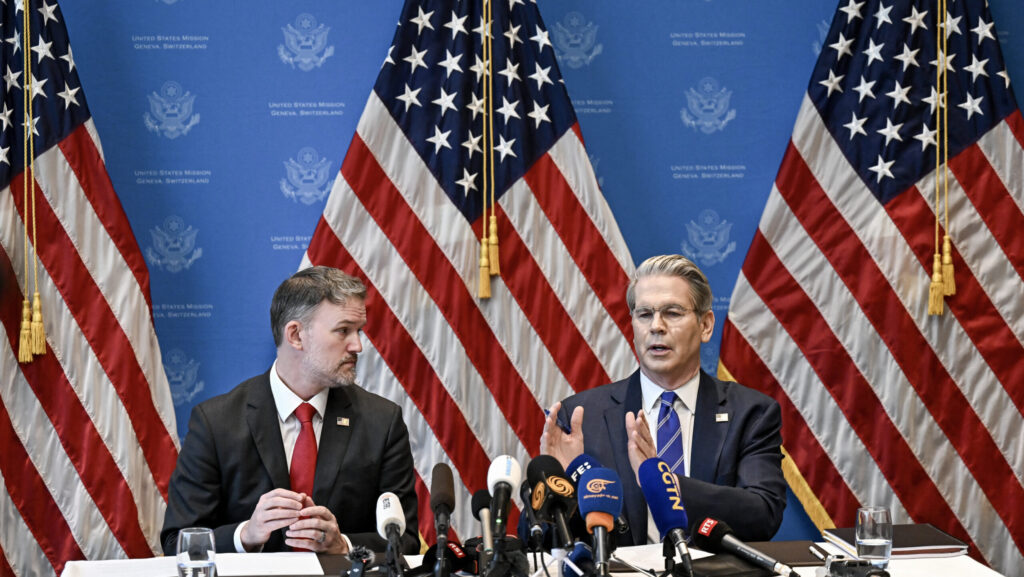
The United States and China have reached an agreement described by the White House as a ‘historic trade win’ for the American people, rolling back both tariffs and non-tariff barriers in bilateral trade. The deal, which will take effect on 14 May, will reduce tariffs on US products exported to China to 10 per cent, and on Chinese products entering the US to 30 per cent.
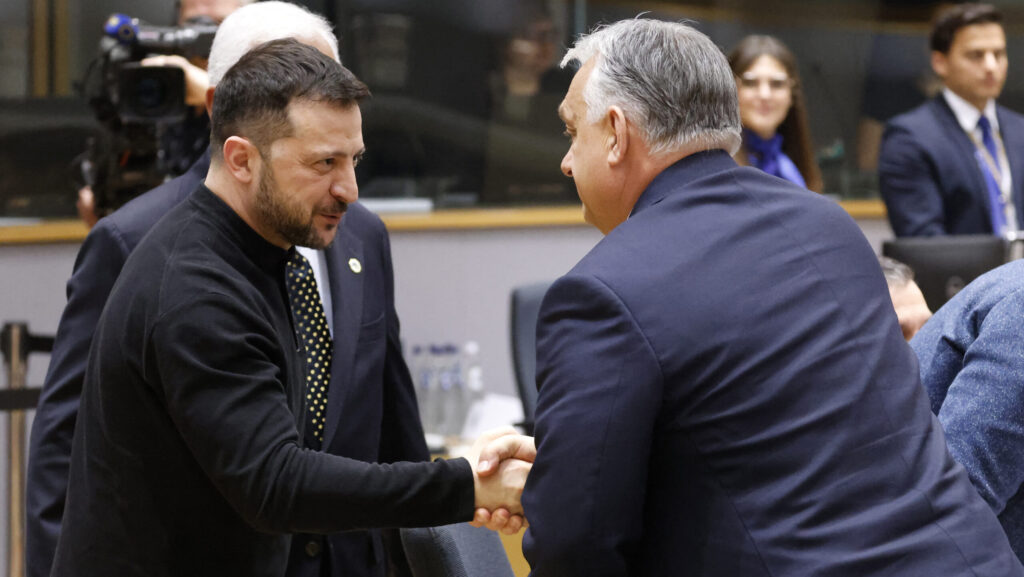
A spy war has erupted between Hungary and Ukraine, with both countries expelling diplomats amid allegations of espionage and political subversion. At home, Hungarian officials now suspect the opposition’s actions—including a controversial leak by Péter Magyar—may be tied to Ukrainian intelligence efforts to destabilize Prime Minister Orbán’s government.

Polish MP Dariusz Matecki has issued an appeal to the Hungarian people, warning them not to fall victim to the same ‘Eurocratic’ takeover that destroyed Polish sovereignty. In an open letter posted on X, Matecki—currently facing politically charged prosecution in Poland—urged Hungarians to resist EU interference in the parliamentary elections in 2026.
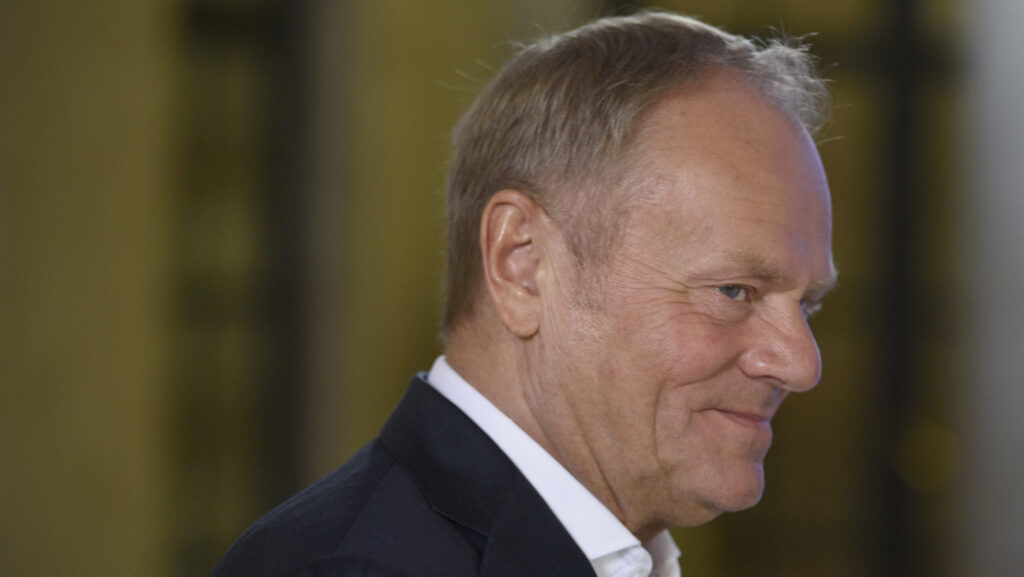
Since taking office in December 2023, Donald Tusk has been dismantling the pillars of Poland’s rule of law. While international media have focused on politically charged prosecutions of former officials, one aspect of this vicious campaign remains largely untold: it involves serious rights abuses, psychological torture, and intimidation directed at civil servants.
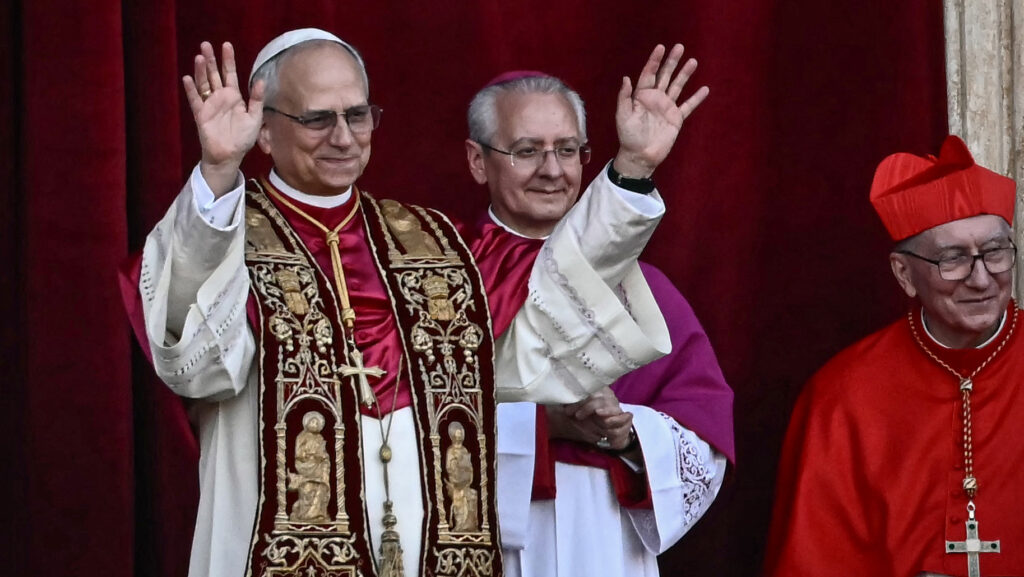
White smoke signalled history in the making: the Catholic Church has elected its first American pope. Cardinal Robert Prevost, now Pope Leo XIV, emerged from the conclave with a call for peace and dialogue. A veteran of Latin American ministry and Vatican leadership, he inherits a Church reshaped by Pope Francis—and still deeply divided.
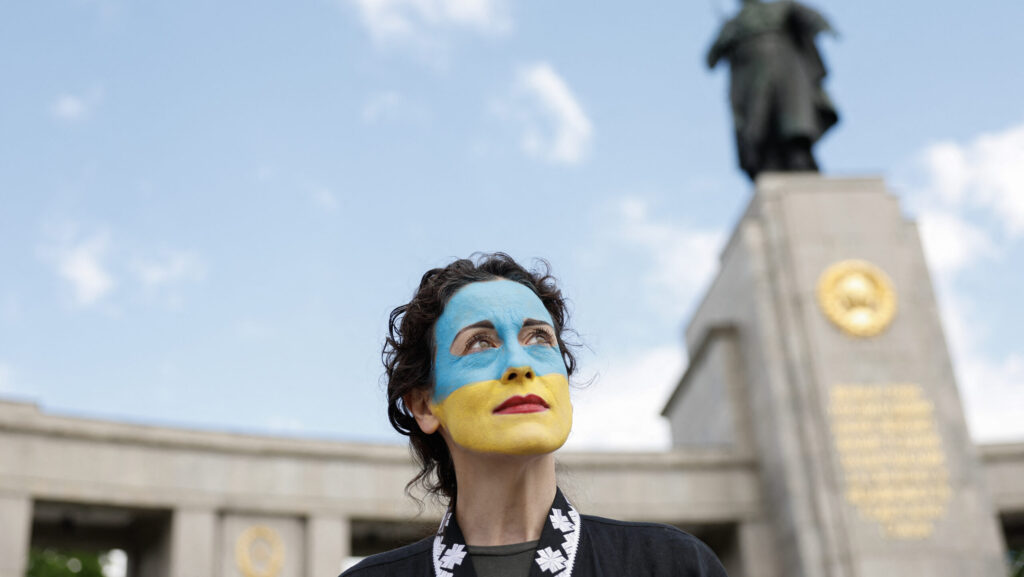
As the second Trump administration passed its first 100 days in office, statements by US officials signalled that Washington might withdraw from peace talks in Ukraine due to the lack of tangible progress. But is President Trump truly turning his back on Kyiv and Moscow—and if not, what comes next?
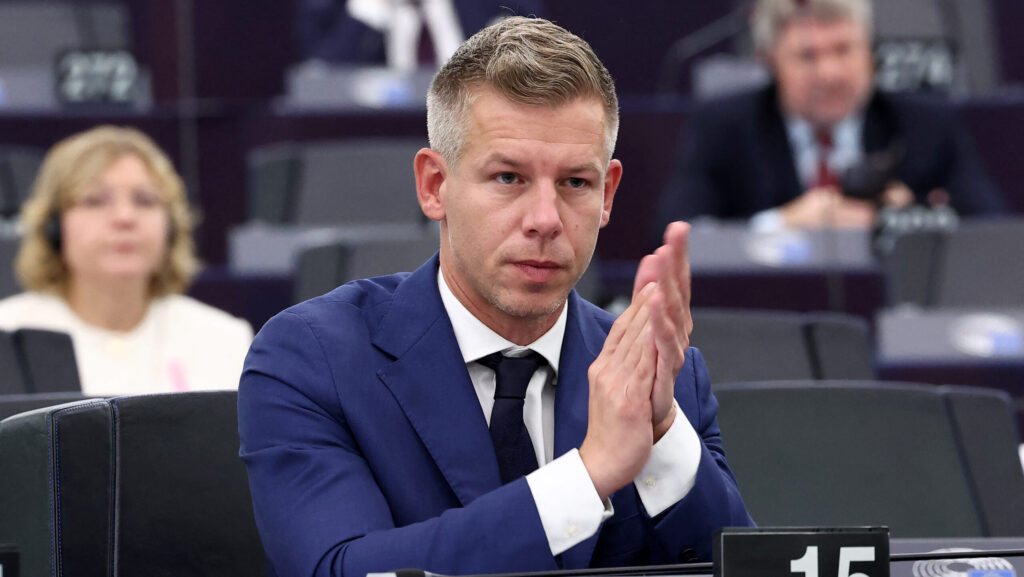
Hungarian opposition leader Péter Magyar has published an audio recording—hyped as capable of toppling the government—featuring Defence Minister Kristóf Szalay-Bobrovniczky discussing the army’s need to prepare for potential conflict. While the recording falls far short of expectations, it reveals much about Magyar himself and how detached from reality he appears to be.
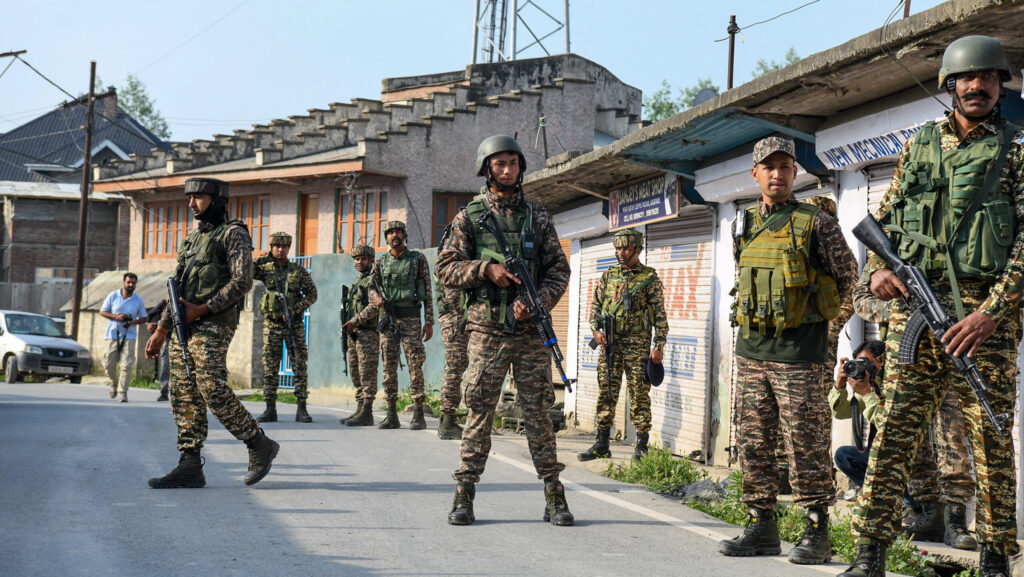
India launched airstrikes into Pakistani territory on Wednesday night, marking a dramatic escalation in tensions between the nuclear-armed rivals. Named ‘Operation Sindoor’, the strike is the most significant cross-border attack since the two nations last went to war—raising fears of a wider conflict in the region.
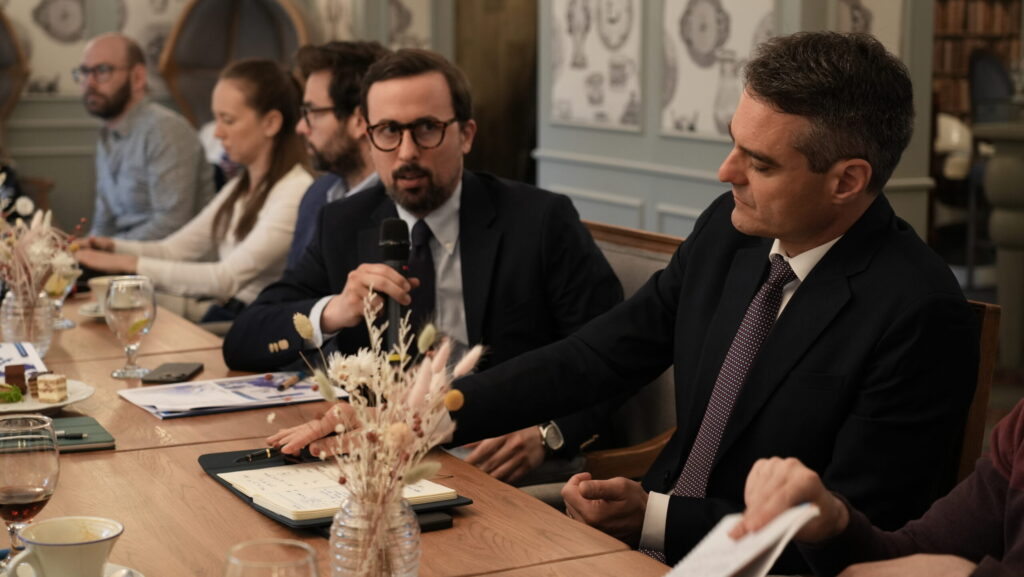
Oeconomus Economic Research Foundation has presented its annual Oeco-Index, an objective and comprehensive indicator of economic development. According to the index, Hungary ranks 18th in the European Union and 35th globally, outperforming countries such as China, Russia, and Italy.
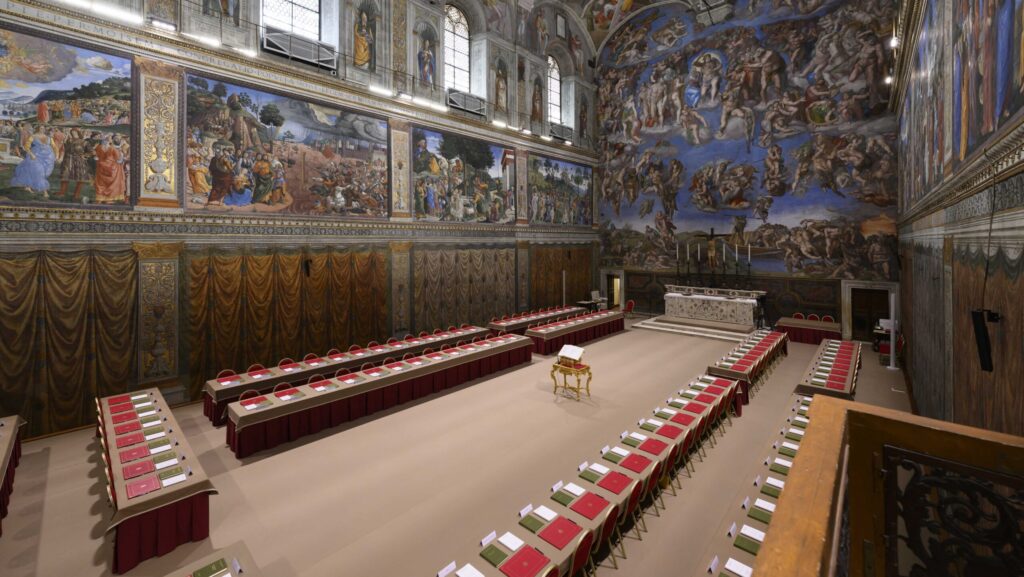
‘Perhaps we will feel the Holy Spirit working in the Sistine Chapel,’ Cardinal Péter Erdő said in a video message posted on Facebook. The Archbishop of Esztergom and Budapest addressed believers as the College of Cardinals gathered in the Sistine Chapel to elect the new pope.
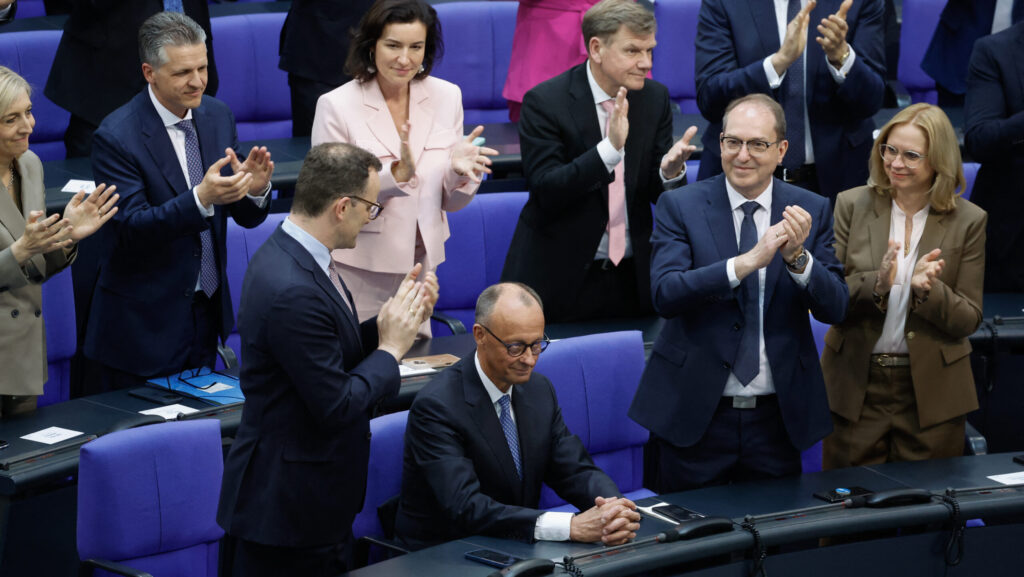
The Bundestag has elected CDU leader Friedrich Merz as Chancellor of Germany in a second round of voting, following a historic failure to secure an absolute majority in the first round. Falling just six votes short, Merz became the first chancellor-designate in the country’s post-war history to require a second vote.
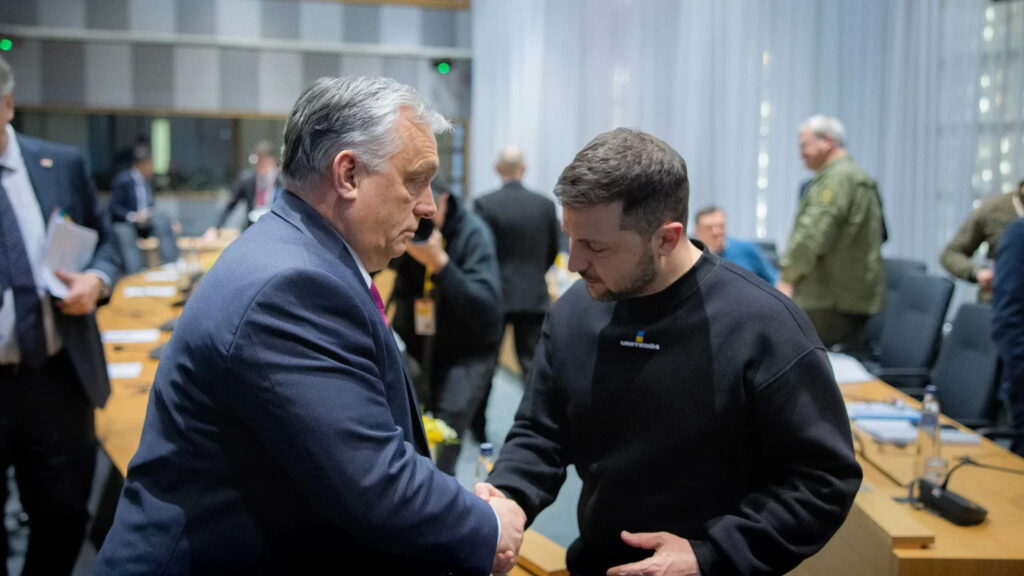
Ukrainian President Volodymyr Zelenskyy claimed that an overwhelming majority of Hungarians—around 70 per cent—support Kyiv’s EU bid, citing an ‘open survey’ conducted by the Hungarian opposition. While this claim is factually incorrect, Zelenskyy also issued a veiled threat to Hungarian Prime Minister Viktor Orbán, warning him not to block Ukraine’s accession or face consequences.
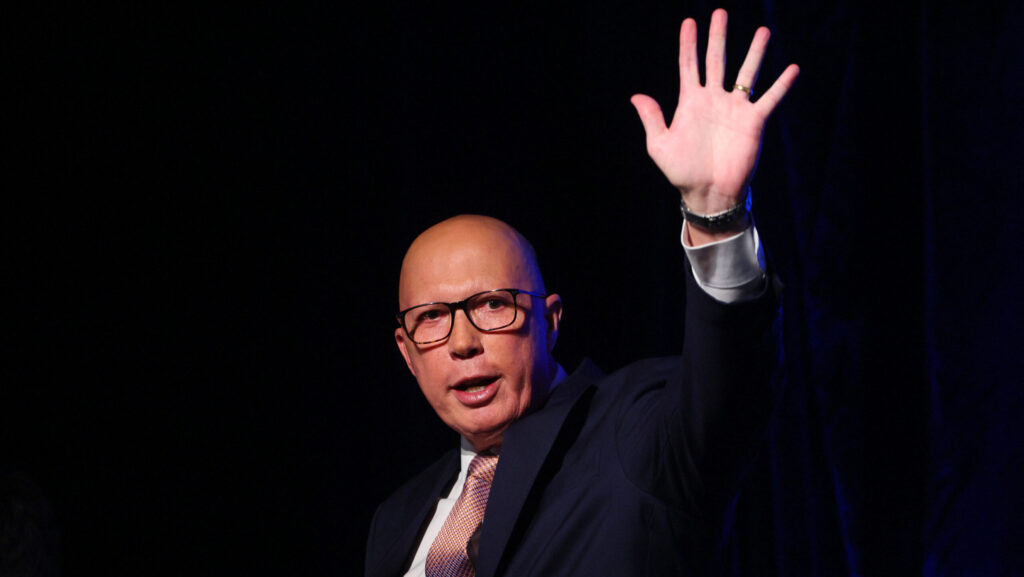
After the Canadian Conservatives faltered in last week’s federal election—amid a campaign dominated in its final months by US President Donald Trump’s tariffs—, Australia witnessed similar electoral dynamics, as the Liberal–National Coalition led by Peter Dutton lost to incumbent Anthony Albanese’s Labour Party in what had long seemed a certain win for the opposition.
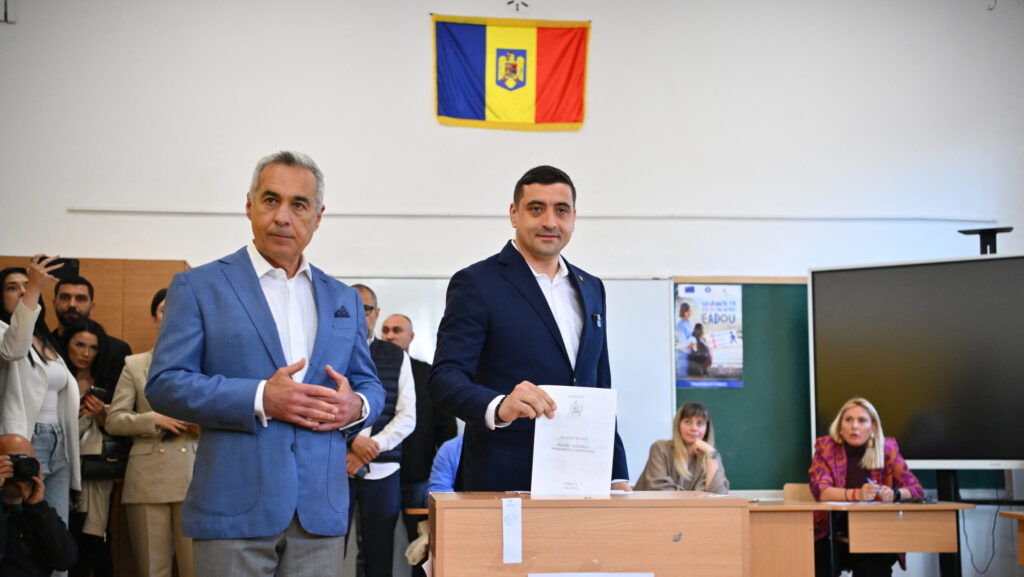
George Simion, candidate of AUR, won the first round of Romania’s presidential election, finishing ahead of Bucharest Mayor Nicușor Dan. The two will face off in the second round on 18 May, as the country grapples with the most serious democratic crisis in its modern history following the constitutional court’s annulment of the previous presidential results last December on questionable grounds.
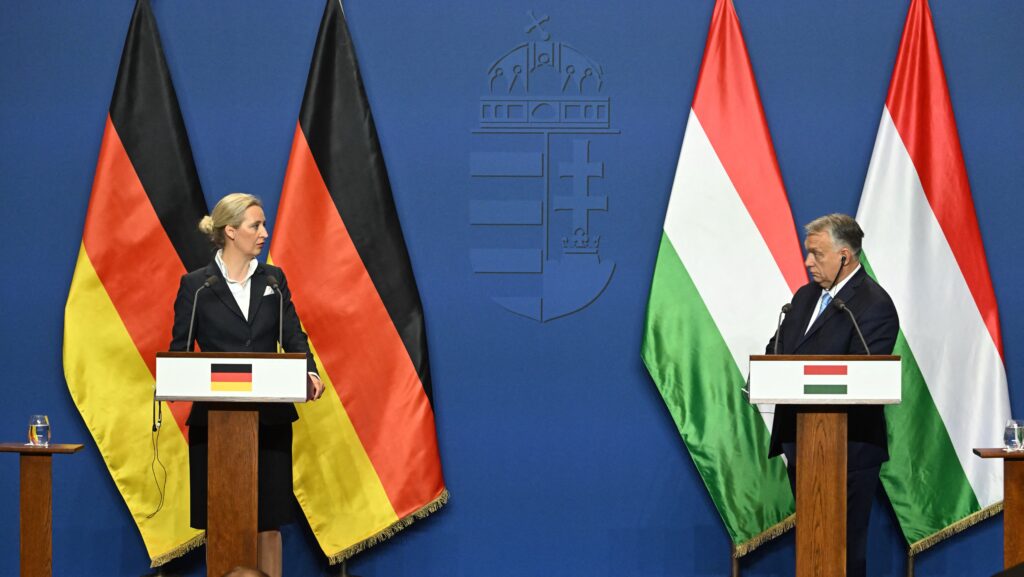
Viktor Orbán, JD Vance, and Marco Rubio were among those who criticized the decision by Germany’s domestic intelligence agency to officially designate Alternative für Deutschland (AfD) as a ‘proven right-wing extremist’ party. The ruling grants the BfV expanded surveillance powers against what is currently the largest party in Germany.
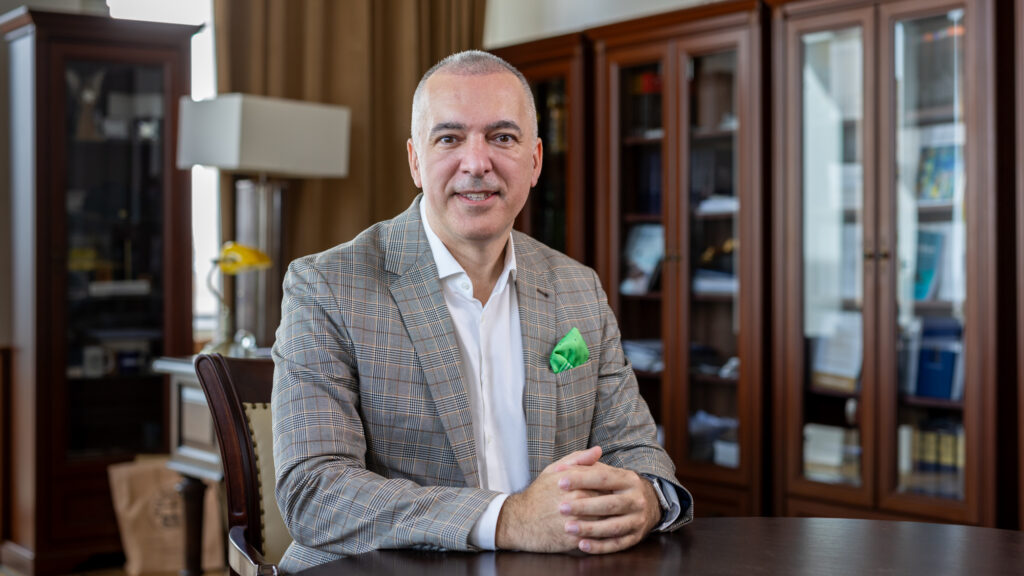
‘It is vital for the future that American companies do not see Hungary as a mere independent market, but as a regional hub with 120 million consumers from Poland to Greece,’ Martin Zsarnóczky stressed in an interview with Hungarian Conservative. The President of the American–Hungarian Chamber of Commerce in New York explained that their goal is to support the presence of Hungarian and European firms in the US market.
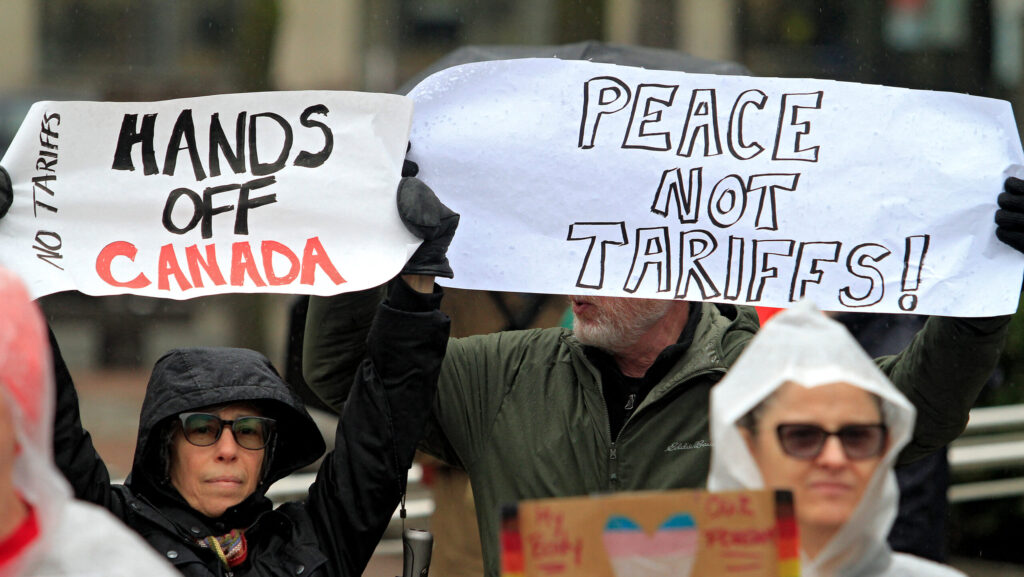
‘President Trump’s confrontational approach to reshaping the global economic order has inadvertently revived support for elites, institutions, and incumbents—undermining populist conservatism around the world,’ noted Samuel Duncan, a senior Canadian conservative adviser, in an interview with Hungarian Conservative. Reflecting on the recent election results in Canada, Duncan emphasized that conservatives globally must recalibrate their strategies to respond effectively to these developments.
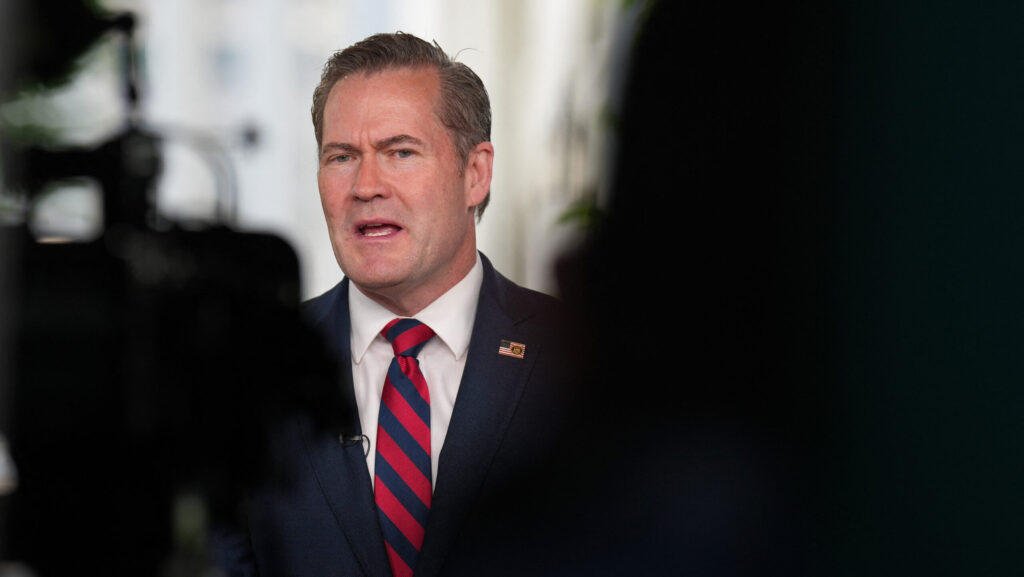
US President Donald Trump has confirmed that National Security Adviser Michael Waltz will step down from his post to serve as the next United States Ambassador to the United Nations. This marks the first major reshuffle of the administration, with Special Envoy to the Middle East Steve Witkoff seen as a possible successor to Waltz.
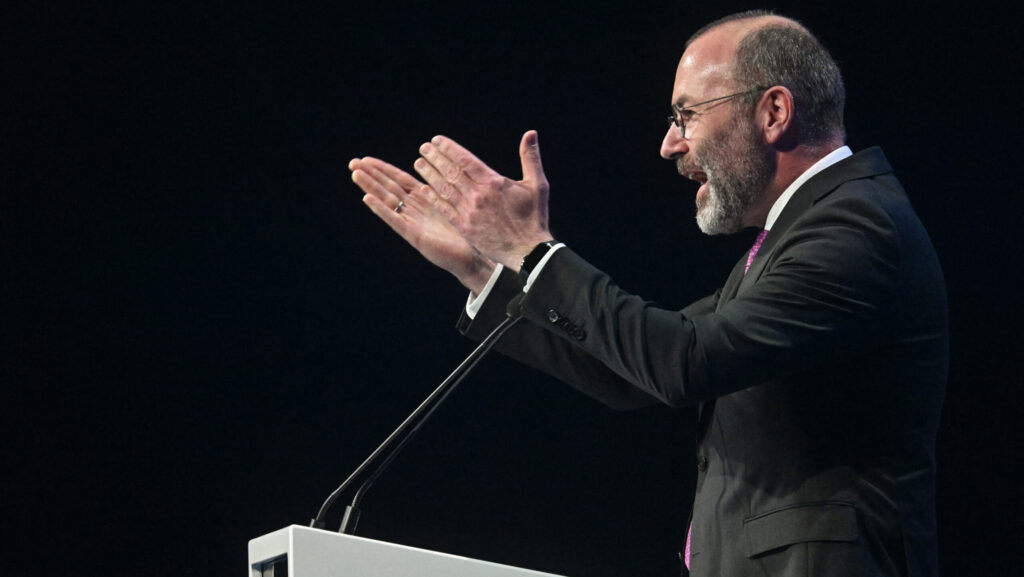
In a speech marked by boastfulness and distortion, re-elected EPP President Manfred Weber, while repeatedly attacking Hungarian PM Viktor Orbán, delivered a clear message to Hungary ahead of the 2026 elections: those who join the EPP are expected to strictly follow his political line, including military, financial, and political support for the war in Ukraine and Kyiv’s fast-tracked EU accession.
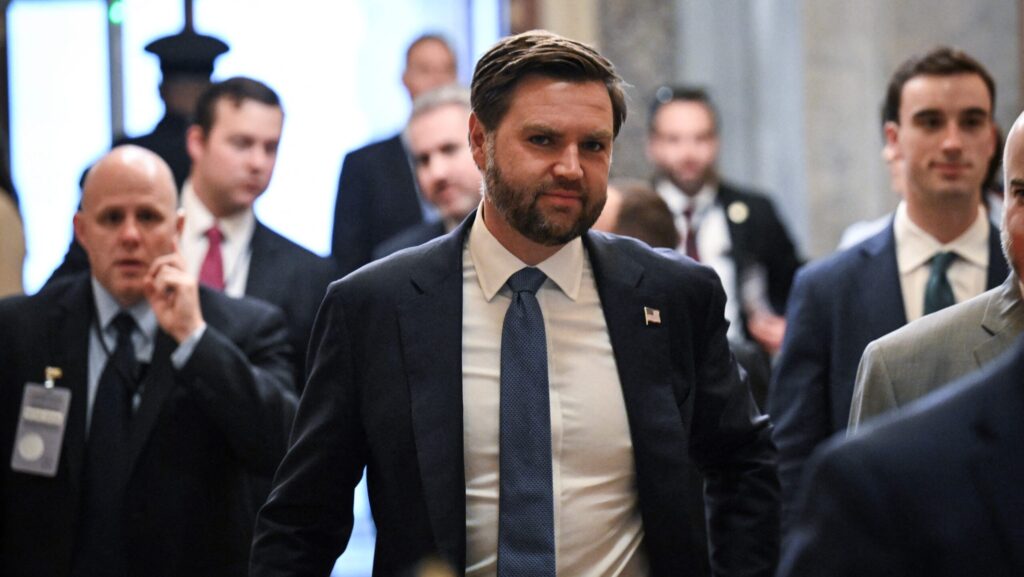
American conservative author Rod Dreher joined the Danube Institute’s new podcast, where he shared personal insights into his long-standing friendship with JD Vance and discussed the recently premiered documentary based on his 2020 book Live Not by Lies.
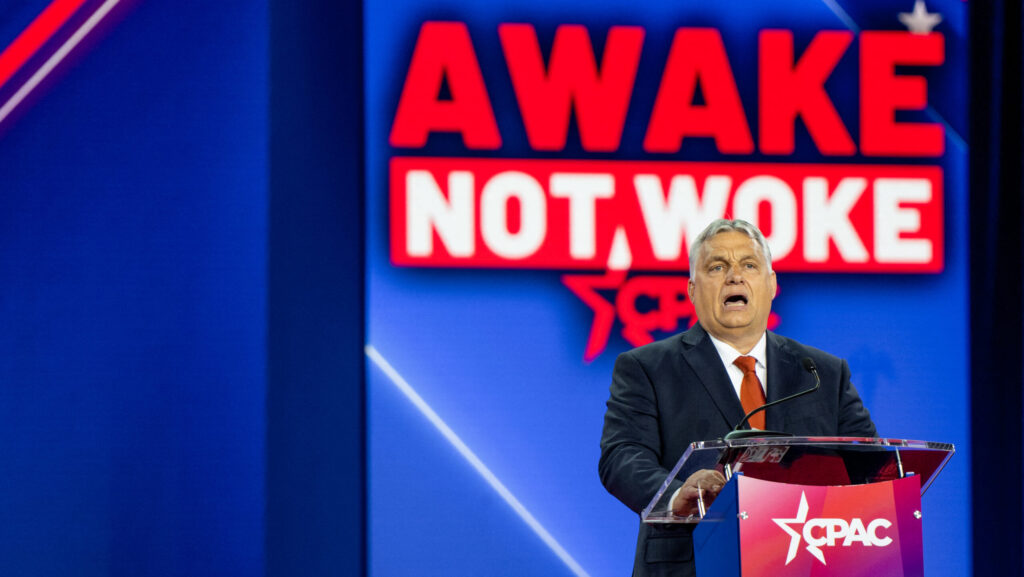
‘Illiberal democracy is more than a political model; it is a value proposition for the post-liberal era,’ political director to the Hungarian Prime Minister Balázs Orbán emphasized in a recent opinion piece published on Index. In the article, he argues that illiberal democracy offers a functioning alternative to what he describes as increasingly anti-democratic liberalism.

Leading the polls for more than a year until just one month before the election, Pierre Poilievre’s Conservative Party ultimately lost Monday’s snap election in Canada. The Liberals, led by Mark Carney, will form a government for the fourth consecutive time after an election largely shaped by US President Donald Trump.
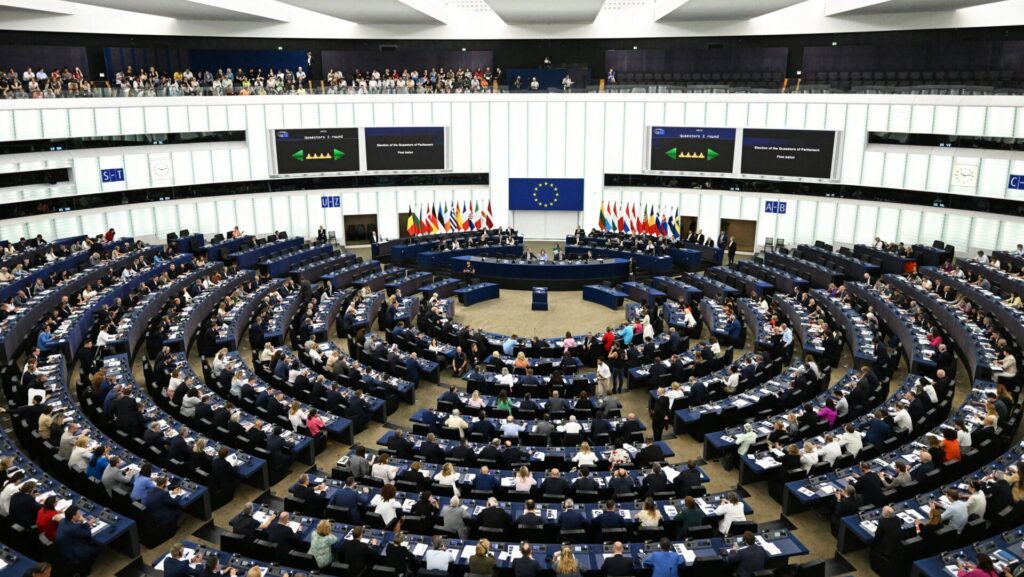
A recently passed law now requires Members of the European Parliament to submit asset declarations in Hungary, in addition to those already required in Brussels. The legislation aims to promote transparency—a mechanism that, as recent corruption scandals have shown, is in poor condition within the European Union.

Hungarian Conservative is a quarterly magazine on contemporary political, philosophical and cultural issues from a conservative perspective.